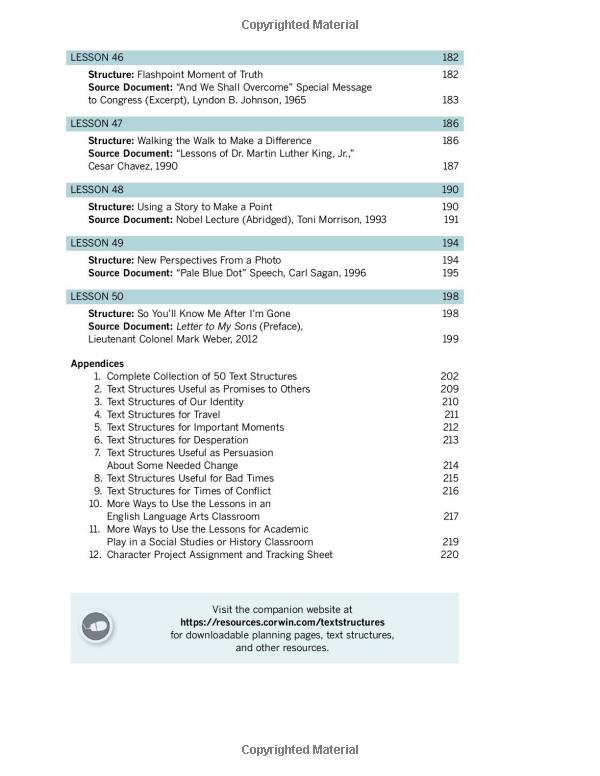"Navigating the Challenges of Masters Student Loan: A Comprehensive Guide for Graduate Students"
#### Understanding Masters Student LoanA **masters student loan** is a financial aid option specifically designed to help graduate students cover the costs……
#### Understanding Masters Student Loan
A **masters student loan** is a financial aid option specifically designed to help graduate students cover the costs associated with their advanced education. As the cost of higher education continues to rise, many students are turning to loans to finance their studies. Understanding the ins and outs of these loans is crucial for any student considering a master's program.
#### Types of Masters Student Loans
There are generally two main types of loans available for master's students: federal loans and private loans. Federal loans, such as Direct Unsubsidized Loans and Grad PLUS Loans, often come with lower interest rates and more flexible repayment options compared to private loans. On the other hand, private loans can vary significantly in terms of interest rates and repayment terms, depending on the lender and the borrower's creditworthiness.
#### Eligibility Requirements

To qualify for a **masters student loan**, students typically need to be enrolled in a graduate program at an accredited institution. They must also complete the Free Application for Federal Student Aid (FAFSA) to determine their eligibility for federal loans. Additionally, maintaining satisfactory academic progress is often a requirement for continued loan eligibility.
#### How to Apply for Masters Student Loans
The application process for a **masters student loan** begins with filling out the FAFSA. This form collects information about the student's financial situation and helps determine the amount of federal aid they may qualify for. Once the FAFSA is submitted, students will receive a financial aid award letter from their institution, outlining the types and amounts of aid they are eligible for, including loans.
#### Managing Your Masters Student Loan

Once you've secured a **masters student loan**, managing it effectively is crucial. This includes understanding the interest rates, repayment terms, and any grace periods. Students should also consider creating a budget to ensure they can meet their monthly payment obligations after graduation. It's important to keep track of the total amount borrowed and to be aware of how interest accrues over time.
#### Repayment Options
Repaying a **masters student loan** can be daunting, but there are various repayment plans available to ease the burden. Federal loans offer several options, including standard repayment, graduated repayment, and income-driven repayment plans. Income-driven repayment plans can be particularly beneficial for graduates who may not secure high-paying jobs immediately after completing their master's degree.
#### Tips for Reducing Student Loan Debt

To minimize the impact of a **masters student loan**, students can take several proactive steps. This includes applying for scholarships and grants, working part-time during their studies, and living frugally to reduce expenses. Additionally, students should explore loan forgiveness programs that may be available for those who work in certain fields, such as public service.
#### Conclusion
Navigating the world of **masters student loans** can be complex, but with the right information and resources, students can make informed decisions about their financial future. By understanding the types of loans available, managing their debt wisely, and exploring repayment options, graduate students can successfully fund their education and achieve their career goals without being overwhelmed by debt.